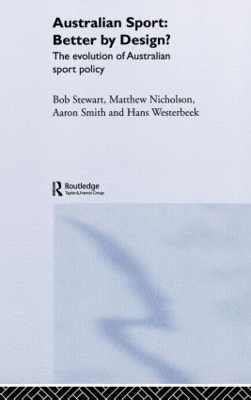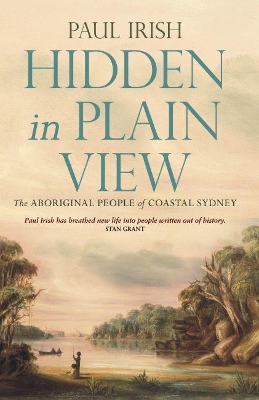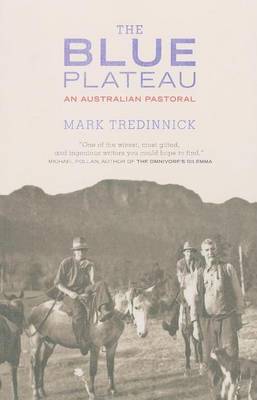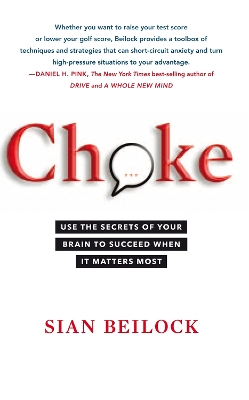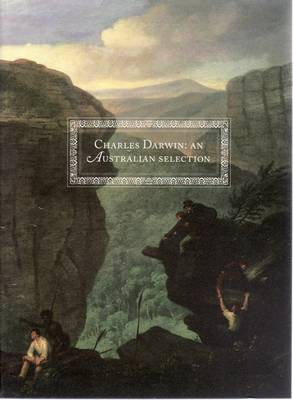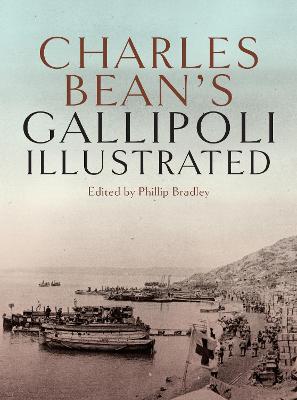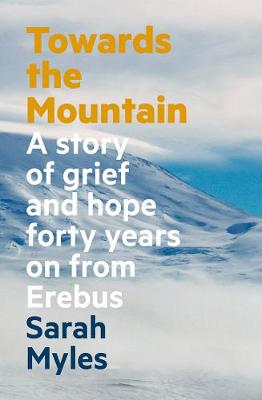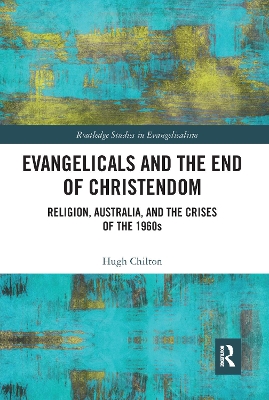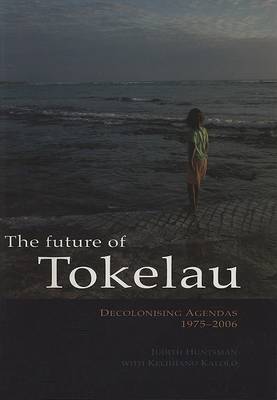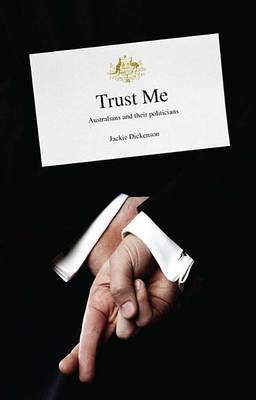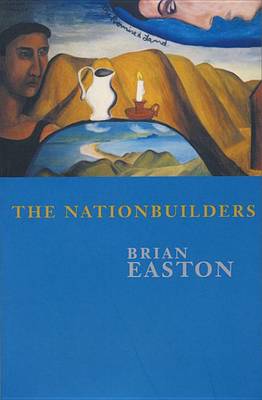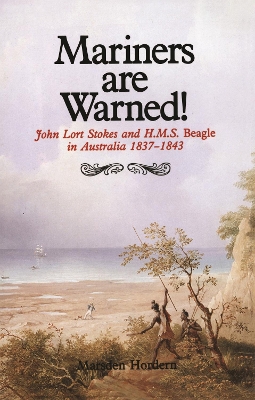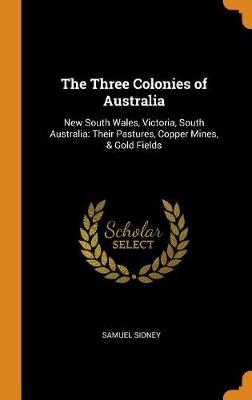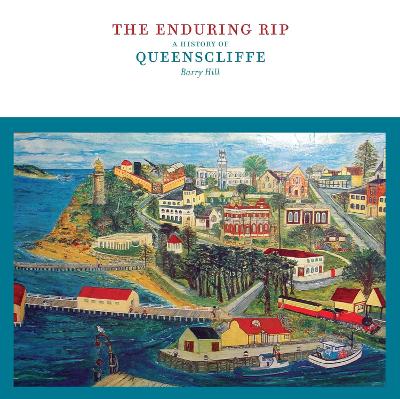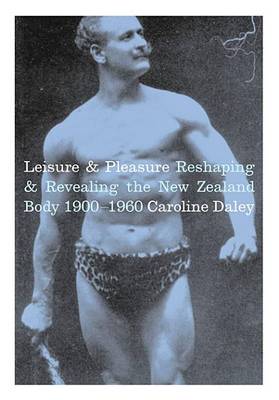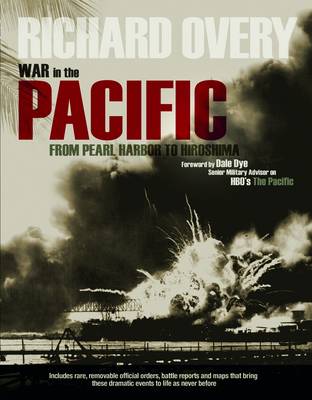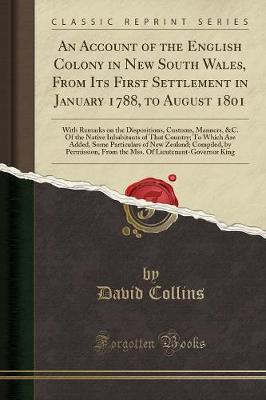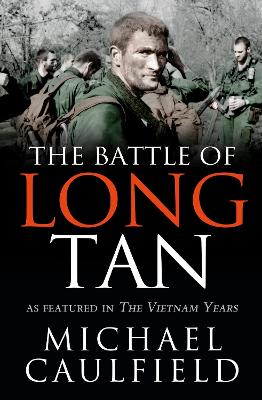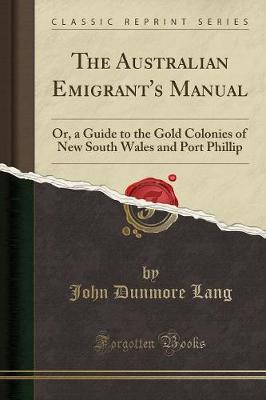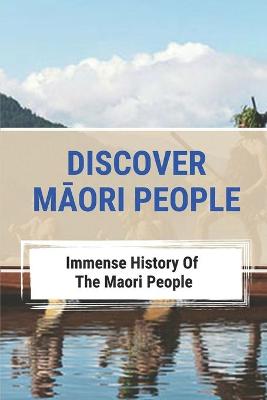Australian Sport - Better by Design?
by Bob Stewart, Matthew Nicholson, Aaron Smith, and Hans Westerbeek
Australians have invested an enormous amount of emotional and physical capital in their sporting systems and structures. While Australian sport has many times been dissected from a historical and cultural perspective, there is little detailed analysis of sport's relationship with government.The book focuses on sport policy, and examines the ways in which government has affected the development of Australian sport since 1919. The text identifies the political, economic and cultural context in whi...
Aboriginal people are prominent in accounts of early colonial Sydney, yet we seem to skip a century as they disappear from the historical record and reemerge in early in the twentieth century. Paul Irish's Hidden in Plain View explores what happened in the interim. How did Indigenous people come to be ignored in colonial narratives? In this original and important book, he brings this poorly understood period of Sydney's Aboriginal history back intofocus. Irish tells the compelling story of th...
It happens to all of us. You've prepared for days, weeks, even years, for the big day when you will finally show your stuff in academia, in your career, in sport but when the big moment arrives, nothing seems to work. You hit the wrong note, drop the ball, get stumped by a simple question. In other words, you choke. But now there's good news- this doesn't have to happen. Dr Sian Beilock, an expert on performance and brain science, reveals in Choke the new science of why we all too often blunder...
Charles Bean and Gallipoli are forever closely bound. Serving as the official Australian war correspondent from the landing to the evacuation, Charles Bean was able to dedicate his days and nights to witnessing and recording the events that would form the Anzac legend. In writing his diaries, Bean also provided an extraordinary insight into his own emotions - his joys and sorrows, hopes and fears, loves and hates - and those he admired or disdained, the heroes and villains of the Anzac story. Ch...
When an Air New Zealand sightseeing plane crashed into the lower slopes of Mount Erebus in Antarctica in 1979, all 257 people on board lost their lives. The Erebus disaster sent shockwaves through our small country - it is said that 'everyone knew someone' involved. What's more, the aftermath wreaked its own trail of destruction, with the Royal Commission of Inquiry coining the oft-quoted phrase 'an orchestrated litany of lies' to describe the airline management's conduct. The surrounding med...
Evangelicals and the End of Christendom (Routledge Studies in Evangelicalism)
by Hugh Chilton
Exploring the response of evangelicals to the collapse of ‘Greater Christian Britain’ in Australia in the long 1960s, this book provides a new religious perspective to the end of empire and a fresh national perspective to the end of Christendom. In the turbulent 1960s, two foundations of the Western world rapidly and unexpectedly collapsed. ‘Christendom’, marked by the dominance of discursive Christianity in public culture, and ‘Greater Britain’, the powerful sentimental and strategic union of...
The Future of Tokelau--the sequel to Tokelau: A Historical Ethnography by Judith Huntsman and Anthony Hooper--follows the history of this small Pacific nation from the 1970s to the 2006 referendum in which the Tokelauans voted to remain a dependency of New Zealand rather than become self-governing in free association with New Zealand. Over the course of this history, Huntsman, with assistance from Kelihiano Kalolo, astutely documents the mismatch of cultural assumptions, expectations, and values...
It's not news that Australians don't really trust their politicians and the relationship between politicians and the people who elect them is certainly not warm and cuddly. But as this lively book shows, the 'crisis of trust' has a long history. The path from mutton chop-whiskered colonial politicians to 'Honest Johnnie' and 'Juliar' is a rich and colourful one. From the 1850s to the 2013 election, Jackie Dickenson traces the ways in which this animosity has changed or hasn't. While we're always...
John Lort Stokes was commissioned by the British Hydrographic Office in 1837 to survey and chart unknown parts of the Australian coastline. He was the last Royal Navy surveyor to hold such a roving commission-as had Matthew Flinders and Phillip Parker King before him. The voyage lasted six years and his ship was H.M.S. Beagle, of Charles Darwin fame. Stokes circumnavigated Australia twice. In the north he discovered the Fitzroy, Albert and Flinders rivers and Port Darwin, and in the south char...
"From Pearl Harbor to Hiroshima" looks at the relentless war against Japan in the Pacific Islands which formed an integral part of the eventual Allied victory in World War II. It tells the story of the heroic actions of the men who toiled on the islands - the names of which have now become synonymous with bloodshed, hardship, and unstoppable spirit - which eventually resulted in victory for the Allies. This fascinating and heart-wrenching story is brought to life by the addition of 12 carefully...
An Account of the English Colony in New South Wales, from Its First Settlement in January 1788, to August 1801
by David Collins
The truth about the battle that came to define our Vietnam War - from the men who were there. 18th August, 1966. 1pm...D Company entered the plantation. They thought that, if they were lucky, they were closing in on perhaps 30 or 40 VC. They were horribly wrong. Over twelve long, bloody and brutal hours, 105 Australian soldiers and three New Zealanders fought off mortar attacks and heavy machine-gun fire, unaware they were facing up to 2500 Viet Cong and North Vietnamese forces. The first maj...
An Octogenarian's Reminiscences (Cambridge Library Collection - History of Oceania)
by James Bonwick
In this 1902 work, teacher, historian and archivist James Bonwick (1817-1906) recalls a long life's contribution to the fields of education and historical writing. More than sixty publications can be attributed to Bonwick, who was elected a fellow of the Royal Geographical Society in 1865. He traces his life from boyhood to the many years he spent in Australia, establishing, managing and inspecting schools. Bonwick stressed the need for observation and experimentation by the pupil rather than ro...
